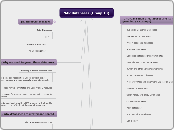da Husna Haron mancano 12 anni
544
NAR Databases (Group 13)

da Husna Haron mancano 12 anni
544

Più simili a questo
41 Subcategories
14 Major Categories